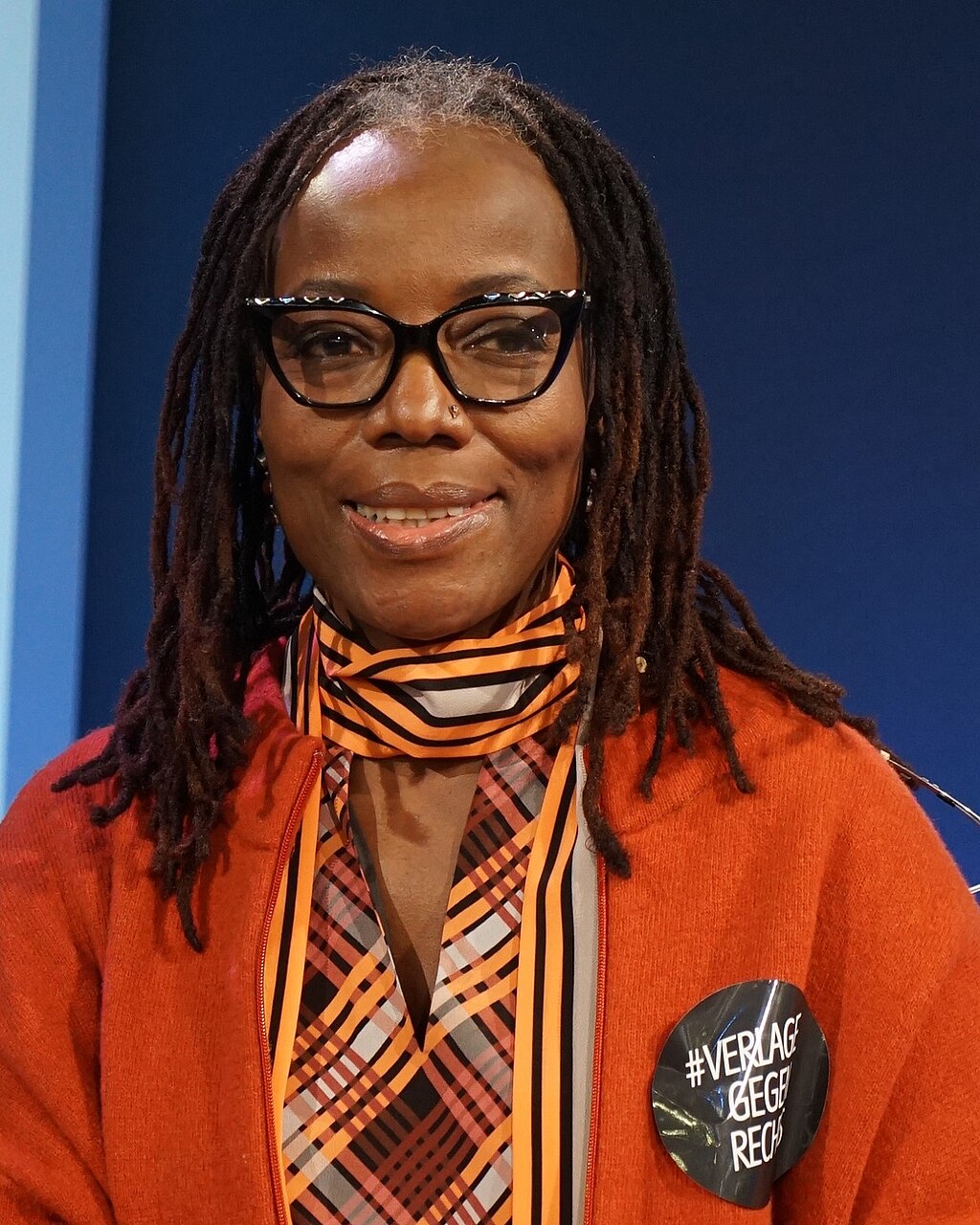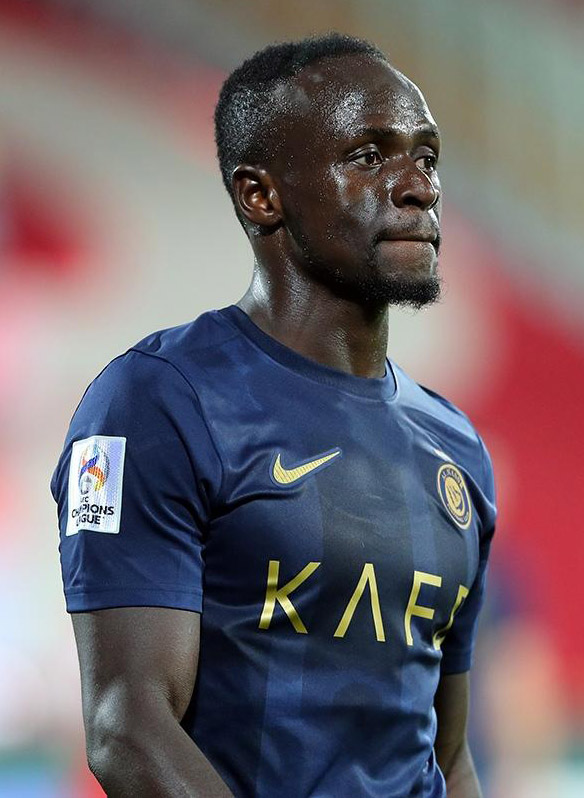Aesthetic
Scholar Spotlight: Jeanne-Marie Jackson - Part 2
The Elite Africa Project would be nowhere without the work of talented scholars, both those who support the project and those who inspire our work. In this series, the Elite Africa Project interviews scholars about their work across different domains of power and what they think a deeper study of Africa’s elites can add to our understanding of the continent. Here is Part 2 of my interview with Professor of English Jeanne-Marie Jackson. Read Part 1 here.
This is the sixth entry in our Scholar Spotlight series. You may also be interested in our previous interviews with Sishuwa Sishuwa, Nwando Achebe, Josias Maririmba, Dickson Eyoh, and Gerald Bareebe.
This is probably a good place to transition into the question of who the primary audience for African novels is. Do you think that there's any tension between writing for domestic versus international audiences?
I'm going to give you a very unsatisfying answer, which is: sometimes. There’s a stock position held by literary critics who make long Twitter careers out of hating on the New York Times, which is pretty much that African literature in any marketable form is almost always pandering to the so-called Western gaze.
I get it. I think that that is sometimes true. But I also think that that position quickly runs out of steam, and then just sort of applies itself to any book that happens to get a big transnational publisher or get a Times review, as a kind of cut-and-paste, when the fact is that people come to their publishers and come to their review venues through all sorts of avenues. Some of them are personal connections. Some of them are sheer luck. Right? You happen to meet someone at the right place at the right time. Sometimes it’s an unusually broad-thinking or ambitious publisher in a good position. And then, yes, some African literary “success” is owing to the kind of fetishistic reasons for publishing only certain sorts of depictions of Africa that will appear to the proverbial hand-wringing white liberal Western audience.
All of these causes are in effect, and I think that you have to be very careful to judge each book in turn. And I think that there are absolutely texts that are written, self-consciously or not, to appeal to more local audiences that do nonetheless have significant local uptake, which is almost never reflected in sales data. Books make their way around the African continent in all kinds of ways: PDF downloads, people bringing huge numbers of books themselves and just giving them out.
Some of those books that do have real uptake among admittedly small communities of literary readers, at various spots on the continent, then find crossover appeal. I mean, I think about something like Elnathan John’s Born on a Tuesday, which I teach quite a bit. I’ve done a good bit of work with Elnathan; he’s visited my class. Born on a Tuesday came out in 2016 and is about religious extremism in Northern Nigeria. In some ways, it’s totally primed to appeal to a well-intentioned, but ultimately “poverty porn” inclined Western audience. At the same time, the book is in no way pandering. It's incredibly granular in its representation of what's happening in Abuja, Kaduna, and in small towns in the region. It's generous, and it's erudite in its depiction of the almajiri - these young students of the Quran. I thought it was wonderful that it scored a New York Times review, which no doubt helped its sales.
I can definitely attest that it was quite popular in Nigeria, at least in Abuja when I was there in 2017-2018.
It was. And I think that that's a very different case than a book like Yaa Gyasi’s Homegoing, of which I will acknowledge that I’m not a big fan. I understand why it’s appealing. My students absolutely love it when it’s come up. But I think that for a lot of Ghanaians, and for me as a partial insider who spends a good amount of time in Ghana, the depiction of the country feels cartoonish. That is a book that was very clearly solicited by and then developed with a huge Western audience in mind, and it shows.
So, you get both kinds. The problem with the discourse online is that people lose the wood for the trees.
You've done some work on the life of Casely Hayford. Like many other African elites of his time, he was a Pan-Africanist. Do you think that Pan-Africanism as an ideology still occupies space in the minds of today’s elites?

First, I would say that there is no singular Pan-Africanism. There has never been any singular Pan-Africanism. This doesn’t mean that Casely Hayford and others involved in the National Congress of British West Africa (NCBWA) weren’t serious about Pan-African politics. The NCBWA was its major, inaugural force in the early 1920s.
It does mean that the ideology always had to be routed through some more specific political plan in order to be serious. My definition of serious politics is that you have to account for the relationship between not just theory and praxis, but more specifically, between philosophy and bureaucracy, philosophy and the life of the institution.
And that is what Casely Hayford was so masterful at doing. The NCBWA was Pan-African, but it was Pan-African in an expressly regional context at a workable regional scale. Casely Hayford at no point would have seen himself as qualified to, you know, go to Johannesburg and dictate what might be enfranchising for people there. It wasn't that he wasn't interested—he was. But he knew that he could work with people in Lagos. He knew that he could work with people in Freetown, and in the Gambia. And so that is what they did. There's a sense of having to start in a particular place.
I think that it's important to always have that in mind, because Pan-Africanism can very quickly become a free-floating signifier.
Casely Hayford talks about the race and about Black people the world over in his novel, but he noticeably doesn’t talk as broadly in his books about what he was actually doing on the ground. Those books are much more focused not just on Akans, his West African meta-ethnicity, but specifically on Fante institutions.
To the question of whether Pan-Africanism still has appeal or, more importantly, force on the African continent, I think a sort of capitalist Pan-Africanism does. So, something very different from mid-century liberation or even state-building politics. People in finance and banking will very happily endorse a kind of Pan-Africanist position as long as they're still making money. And this is not always or necessarily a criticism. People have to live, and I think there's an important place for serious entrepreneurship on the Continent that is easy to dismiss if you don’t have to work there. I mean, Dangote Cement Company is arguably a kind of Pan-African enterprise. Ashanti Goldfields was the Ghanaian national business par excellence, and it merged with AngloGold. Now you have this mining conglomerate that has, arguably, kept up a sort of Pan-African sense of itself. Nando's is heavily into Pan-African branding if you watch their commercials over the past decade. Those kinds of approaches appeal to people with real power and influence. But the Pan-Africanism of Amilcar Cabral, that says that if you want serious solidarity and liberation on the Continent you have to have bourgeois class suicide? I can’t think of a single member of any elite I’ve ever met who would actually endorse that.
What’s your favourite thing you’ve read recently?
Jeanne-Marie Jackson: For a couple of years now, I have been singing the praises of a group of books called the “City of Kings” trilogy by the Zimbabwean writer Siphiwe Gloria Ndlovu. I just reread the whole thing for a project I’m working on and was utterly re-entranced. It’s just mind-blowingly generous—a structurally and emotionally intricate account of Zimbabwean political power across the whole 20th century. It’s unlike anything I've ever read. Ndlovu gets deep into the lives and motivations of people across the political spectrum in Rhodesia and then Zimbabwe. The transition from one to the other is extremely marked, and very relevant to the book.
The second book in the trilogy, The History of Man, is actually the story of a colonial Rhodesian leader of a state organization that surveils and eventually tortures African nationalists. This guy is at the tippity-top of the colonial power structure. And yet this is a book that says: in fact, that’s not enough information to come to any new kind of understanding of what this country has been through. In order to figure out how Zimbabwe is to move forward, when so many dimensions of its Rhodesian political structure are internalized and then repressed by ZANU-PF, the book shows that we have to go back and drill down as far into this guy’s understanding of himself as we can.
There are not a lot of writers these days who are brave enough to do that and to stand by it, so I recommend it to everyone I meet.
I’ll have to check it out as soon as I finish this chapter of my dissertation! So finally, what are you working on next?
My third book, I’m happy to say, is just finished, and it should be out with Princeton University Press by the end of 2025 or early 2026. It’s called The Letter of the Law in J.E. Casely Hayford’s West Africa. At one point I was talking about it as an intellectual biography, but that’s not quite right. What ended up taking shape is a concept-driven account of Casely Hayford’s work in the context of his legal and political career.
It is not a sequential, explanatory biography, but rather an effort to get deep inside his major work to figure out what makes it tick, as a way of elaborating the kind of person he saw as essential to ushering in Gold Coast independence. It’s dealing with the textual tectonics of what it means to be an African leader at the turn of the 20th century, in terms of social presentation, mores, affect, etc. What felt morally flexible, and what non-negotiable?
The book is structured as three big chapters that unpack legal terms that do a lot of extra-legal work in Casely Hayford’s oeuvre: Objectivity, Constitutionalism, and Jurisdiction. There are healthy doses of intellectual history and religious thought mixed in, but the centre of gravity is decidedly textual.
I’m really excited about it. As the first book to deal with Casely Hayford as a major writer and thinker on his own, I hope it will have an imprint in modernist studies, in global empire studies, and of course in British imperial studies, not just within African literature and political thought. With a few notable exceptions, scholars have avoided meaty and sustained discussion of him in no small part because he’s seen as “elite,” and therefore all figured out. But what a silly reason, even if implicit! Can you imagine African American studies without a single full monograph on W.E.B. Du Bois?
The second thing I’m working on is a short book that I'm co-writing with Tsitsi Jaji, who is a formidable literature and music scholar at Duke and a very dear friend, around the keyword of “discipline” for a new book series on Literature and Politics at Oxford University Press. We’re thinking about the legacies of colonial, and specifically protestant mission, education as they are reflected in various strains of Zimbabwean writing. In my half, I’m thinking about how discipline might be recast as gratifying, and even joyful, rather than only punitive. Trying to redeem the African boarding school legacy, if you will!







